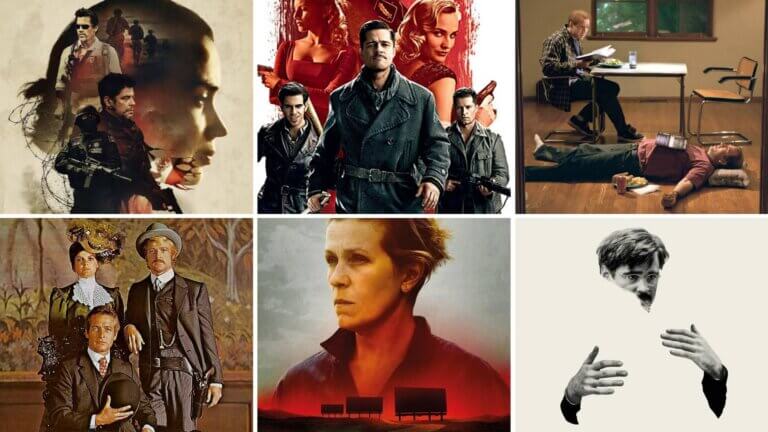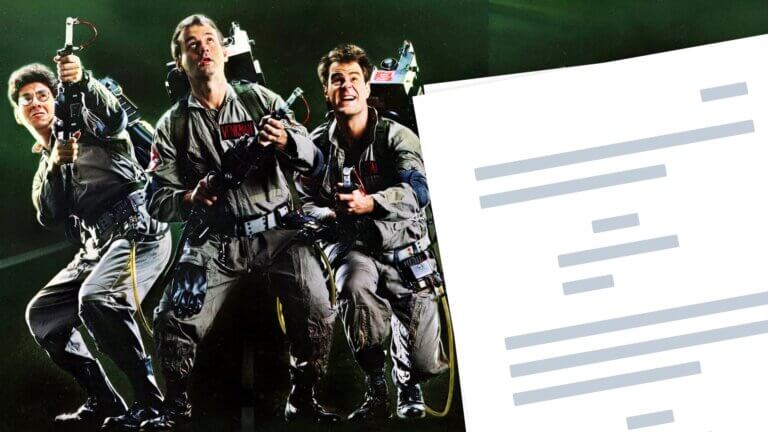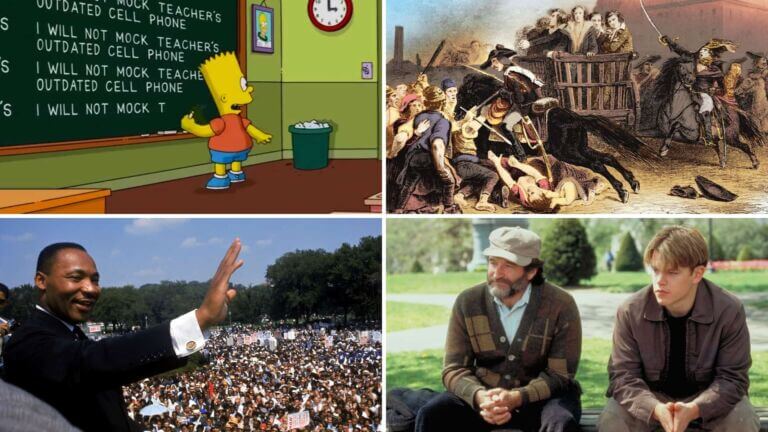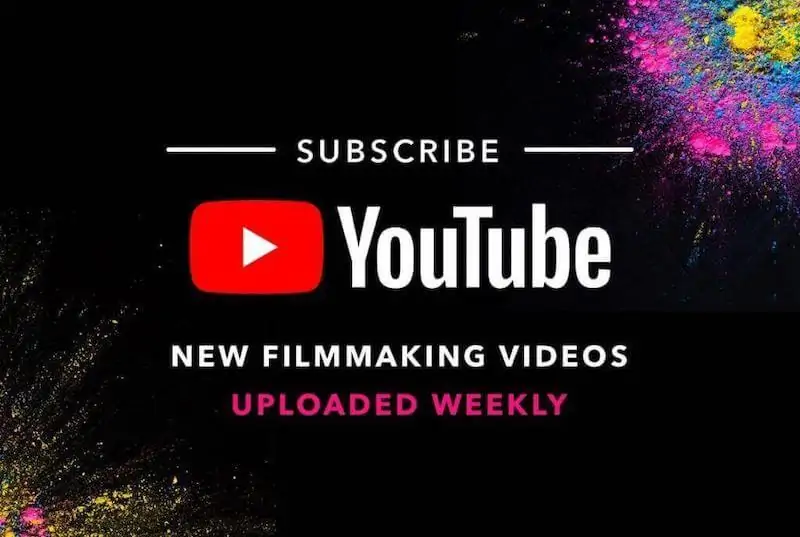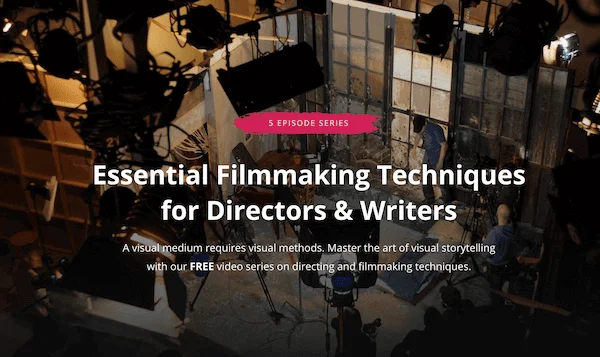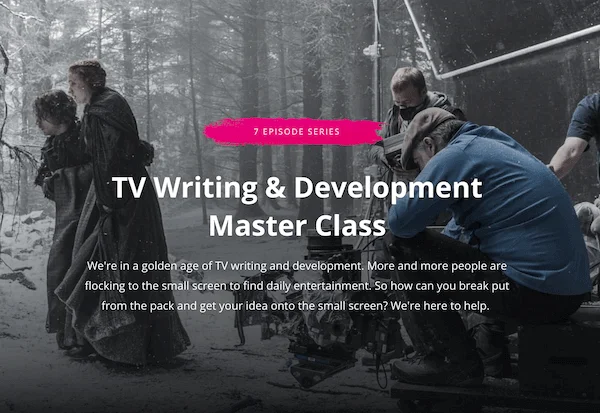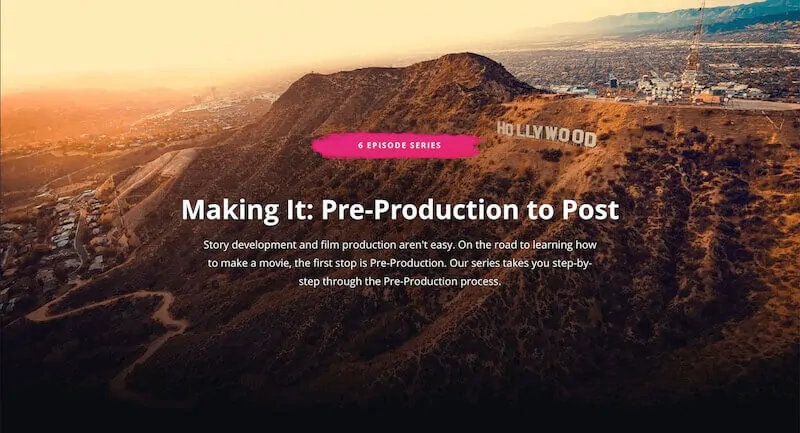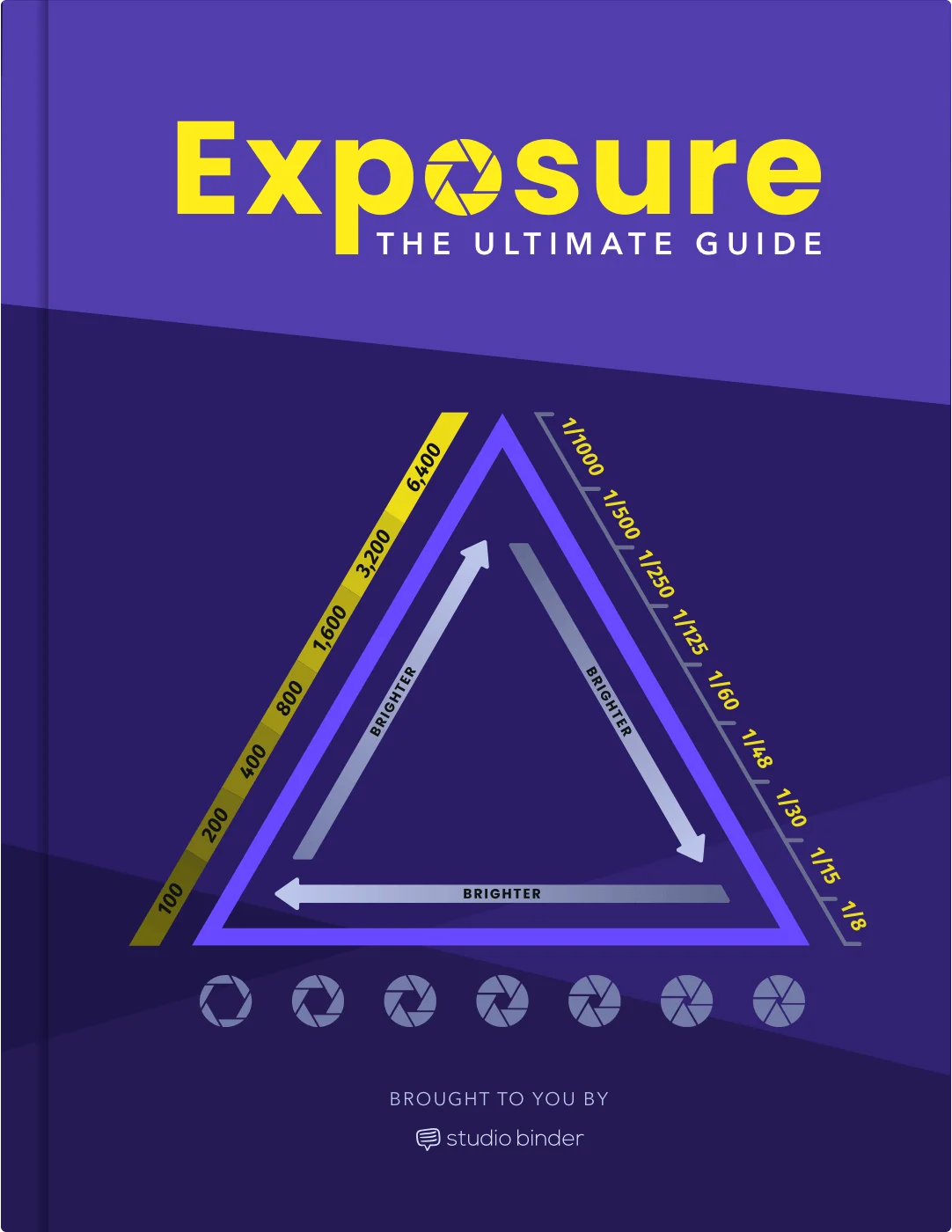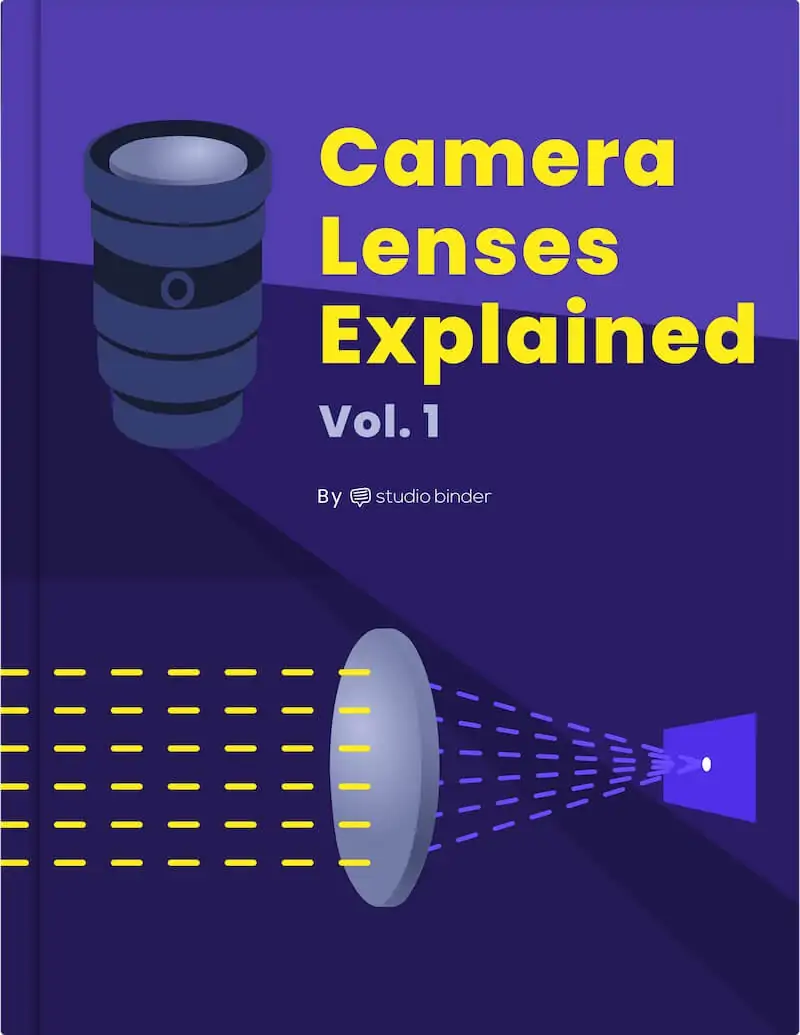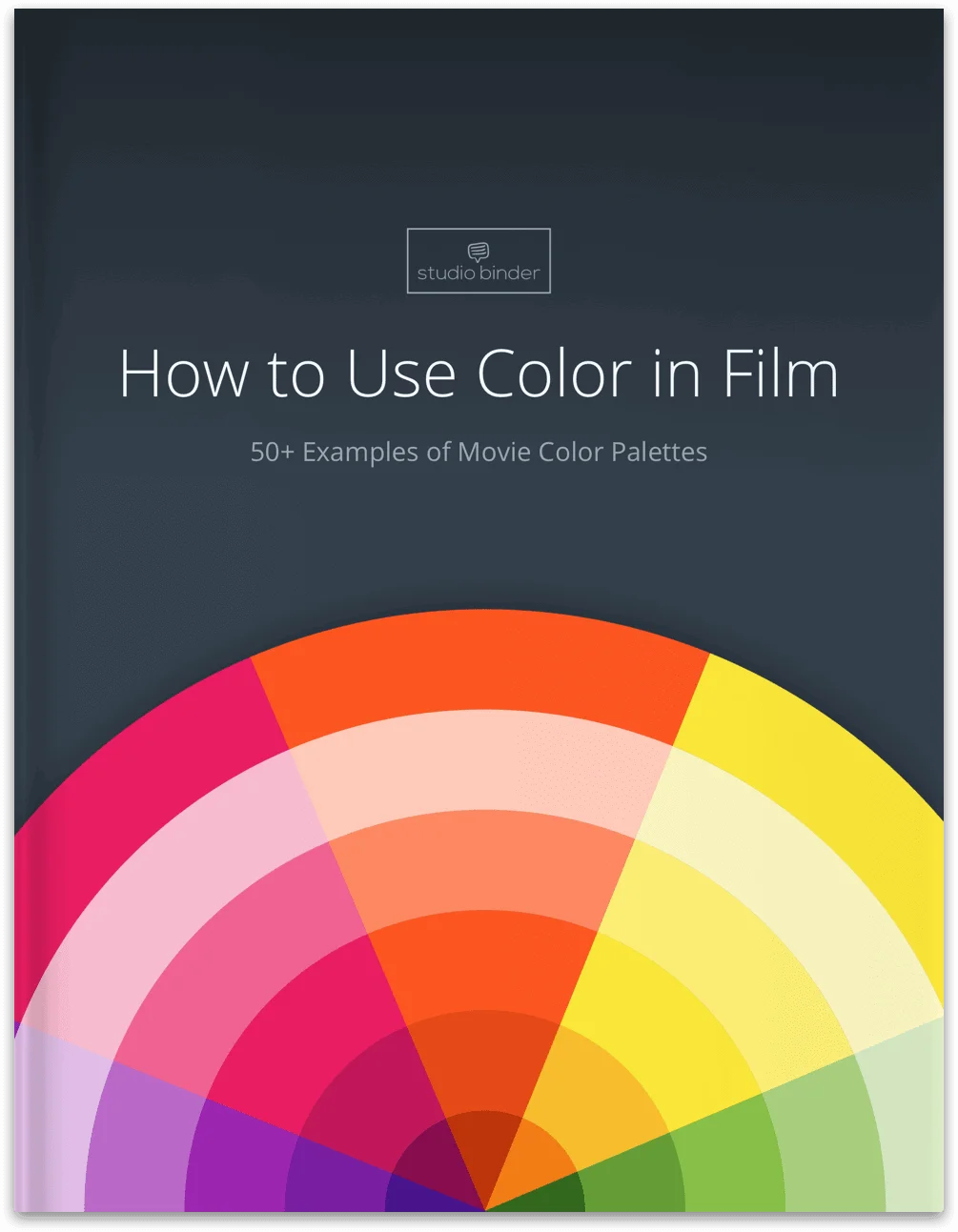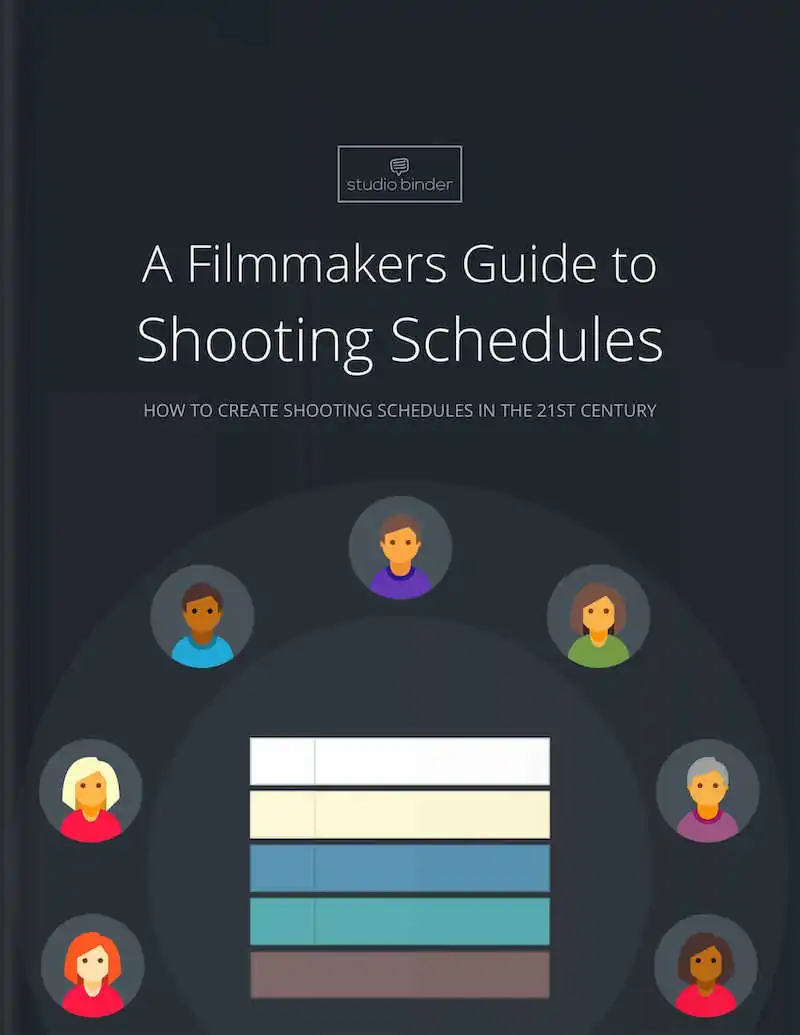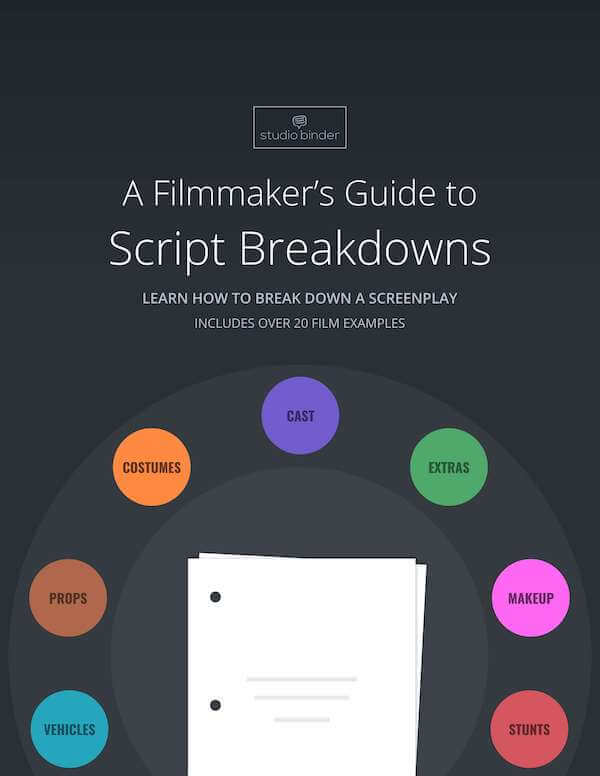What are the best movie scripts to study as an aspiring screenwriter? Reading great screenplays is an important part of the learning process for any developing screenwriter. By looking at the work of great writers, we can explore a multitude of styles and approaches. Studying great scripts can strengthen and inform your own writing. We’ll… Continue reading Best Screenplays to Read for Aspiring Screenwriters — Top 10
In speeches, in poetry, in literature, you may have come across a grammatical and rhetorical technique known as parallelism. It is famously known for its use of repetition, its use of emphasis, and its use of persuasion. Writers and politicians use parallelism in different ways for different reasons, as do authors and poets. But what… Continue reading What is Parallelism — Definition and Examples for Writers
TV script format is perhaps the most difficult type of script format to master. That’s because it involves tons of intricacies that screenplays and stage plays don’t. Never fear though, we’re going to break down everything you need to know about TV script format, from 30-minute sitcoms to hour-plus dramas. We’ll look at teleplay examples… Continue reading TV Script Format 101 — Examples of How to Format a TV Script
For centuries, narrative works were strongly positioned to be one of two things: a comedy or a tragedy. Even these days, the two genres of drama and comedy are usually the most prominent or easiest to ascertain. Even if one has minor elements of the other, they can still exist as separate entities. Unless, of… Continue reading Dramedy Explained — A Study of the Comedy Drama Genre
Characterization is simply “what makes a character a character.” But under the umbrella of characterization, there are two subtypes: direct characterization and indirect characterization. We’re going to break down direct characterization by looking at examples from John Wick, The Grapes of Wrath, and more. By the end, you’ll know how to implement direct characterization in… Continue reading What is Direct Characterization — Character Building Tips
Since the mid-’80s, few films have entered the pop cultural landscape and stayed there like Ghostbusters. A strong comedic cast, talented director, and a memorable theme song catapulted the movie to the history books. And to paraphrase Peter Venkman, the franchise rights alone made them rich beyond their wildest dreams. But it all had to… Continue reading Ghostbusters Script PDF Download: Quotes, Characters & Plot
Literary devices aim to utilize words to communicate more efficiently and more effectively to readers and audiences. In this article, we’ll be taking a look at a literary device that aims to do just that simply by using the same word or phrase again and again. This is of course repetition. Repetition may seem straightforward, but… Continue reading What is Repetition — Definition and Examples for Writers
Indirect characterization is an essential part of developing nuanced characters. But what is indirect characterization? We’re going to break down this writerly concept by looking at its definition and examples in literature and film. By the end, you’ll know why indirect characterization is an important part of developing nuanced characters.Continue reading What is Indirect Characterization… Continue reading What is Indirect Characterization — Character Building Tips
Writing a biopic screenplay can present an enormous challenge for even the most veteran screenwriters. That’s because biopics often involve legal and circumstantial challenges that aren’t an issue with other forms. Don’t fear though: we’re going to show you how to write a biopic screenplay step-by-step. By the end, you’ll be ready to write a… Continue reading How to Write a Biopic Screenplay — Research & Writing TIps
Anaphora can be iconic. Anaphora can be memorable. Anaphora can be effective. Okay, that may be a terrible example of the effectiveness of anaphora. Nevertheless, anaphora is responsible for some of the most iconic speeches in history. What is anaphora and how does it accomplish all of these things? In this article, we’ll take a… Continue reading What is Anaphora — Definition and Examples for Writers
How do writers make characters into people we can empathize with and understand? One way is through the use of characterization. But what is characterization? We’re going to answer that question by looking at examples from Kill Bill and The Social Network, and by listening to the perspective of some of the world’s most foremost… Continue reading What is Characterization — A Guide to Character Building
Context has the ability to change the meaning of a story and how we view its characters — but what is context? We’re going to answer that question by looking at examples from The Office, In Cold Blood and more. We’ll also look at some tips and tricks for how you can effectively implement this… Continue reading What is Context — Definition and Examples for Writers
Even if we’re not conscious of it, we use inductive reasoning everyday. But what is inductive reasoning? We’re going to answer that question by looking at inductive reasoning examples from history. We’ll also show you how to recognize it in everyday life. By the end, you’ll know how to apply inductive logic and reasoning in… Continue reading What is Inductive Reasoning — Definition and Examples
Irony Explained: The Ultimate Guide (FREE Ebook)A comprehensive and straightforward guide for any storyteller looking to wield the power of irony.We’ll cover the various types of irony and their unique storytelling values so you can expand your writer’s toolkit. Download Now What is IronyUnderstanding the various types of irony, you’ll be able to write more… Continue reading Irony Explained — The Ultimate Guide for Storytellers
⌂ Types OF IronyVerbal IronySituational IronyDramatic Irony We encounter irony every day: in our favorite movies, TV shows, and in our own lives. Most people have a general understanding of irony but there are also a lot of misconceptions about it. For example, were you aware that there are 3 different types of irony? In this… Continue reading 3 Types of Irony Every Storyteller Should Know (with Examples)
Movies are a visual medium first and foremost, which means making on-screen imagery as effective as possible. And if you’re making a narrative feature, you will more than likely be needing dialogue. Movies didn’t start with traditional dialogue tracks, but these days, virtually every movie in existence has it. But what is dialogue, why does… Continue reading What is Dialogue — A Writer’s Guide to Spoken Words
